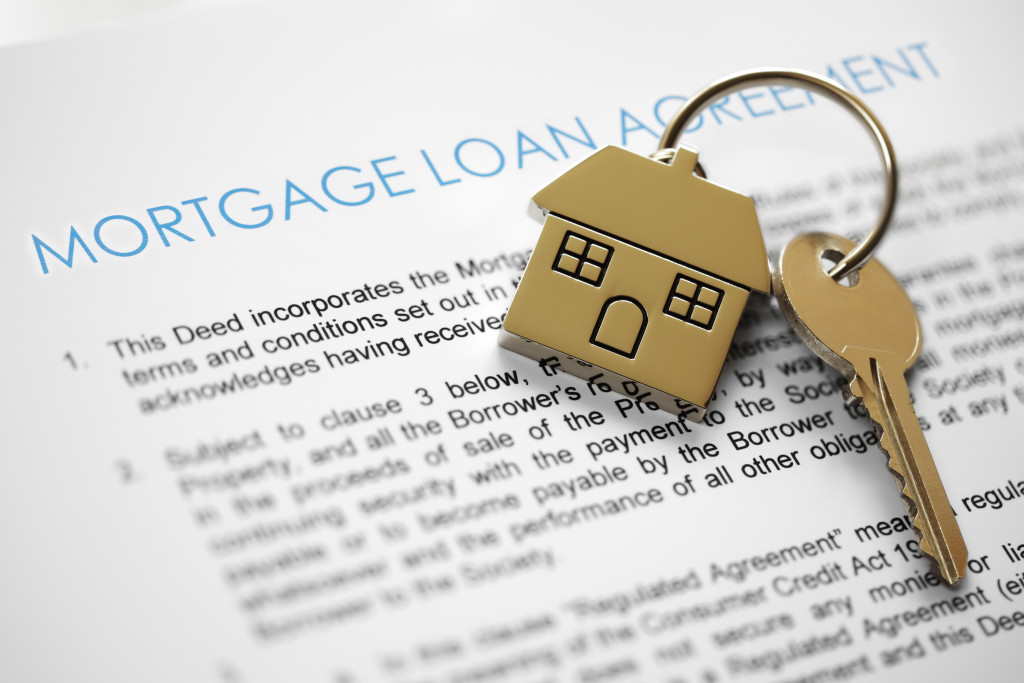Buying a home is one of the biggest financial commitments you’ll ever make in your life. If you don’t want to take on more debt than you can handle, you’ll have to run the numbers before signing your name on a binding contract. Otherwise, you could end up with a mortgage that’s worth more than you can afford to pay. You can already find out how much mortgage you can afford before you even consult with a lender by using one simple method: the 28/36 rule.
What is the 28/36 rule?
This is a good rule of thumb to refer to when calculating the appropriate amount of debt that you have the means to assume. The rule states that you shouldn’t be spending more than 28% of your gross monthly income on your total house-related expenditures and 36% on your total debts, such as your credit cards, mortgage, and student or car loans. It’s usually used by lenders to try to determine whether a borrower is eligible for credit.
For example, if your monthly earning is $6,000 and you have $500 worth of debt payments, then your monthly mortgage payment shouldn’t go beyond $1,580. This is a good starting point for you if you want to determine your mortgage affordability. However, you also need to consider other factors if you want to get the full picture of how much of your mortgage you can really afford.
What other factors determine home affordability?

These are the following factors that lenders have to take into account when deciding whether you’re entitled to receive credit for a mortgage.
Mortgage rate: Your mortgage rate will be determined by lenders based on things like your history of prompt bill payments and your debt-to-income ratio.
Credit score
A good credit score will ensure that you get the best mortgage rates. The lower your mortgage rate is, the lower your monthly mortgage payments will turn out to be.
Gross monthly income
Your monthly income is what you receive on a steady basis before taking out taxes and other financial commitments. This also includes your Social Security benefits, overtime pay, alimony, disability pay, and child support.
Debt and expenditures
These are your monthly financial commitments, such as student loans, utilities, credit cards, auto loans, healthcare, groceries, and insurance.
Cash reserves
This is the money you’ve set aside to pay for closing costs and down payment. It’s usually made up of your investments, savings, and various miscellaneous profit sources.
Besides these objective criteria, personal considerations also influence how much of mortgage you’re willing to take on.
For example, some people are comfortable paying a hefty mortgage over an extended period, while others would much rather take on a small payment that they can pay back within a few years. So, your idea of “a mortgage you can afford” also depends on how much you’re content with spending every month and how long you’re willing to pay it off.
Your spending habits may also play a part in this, as well. There may be certain things you just can’t give up in order to get the house you want. In this case, you might want to scale back your mortgage or change your lifestyle and spending habits to accommodate your goals.
Although taking on a mortgage to cover the purchase of a home can be a costly investment, it doesn’t need to reduce you to bankruptcy. Getting your finances in order ensures that you end up with a perfect house and a mortgage that you can actually afford.

